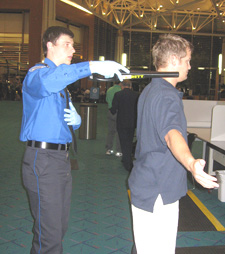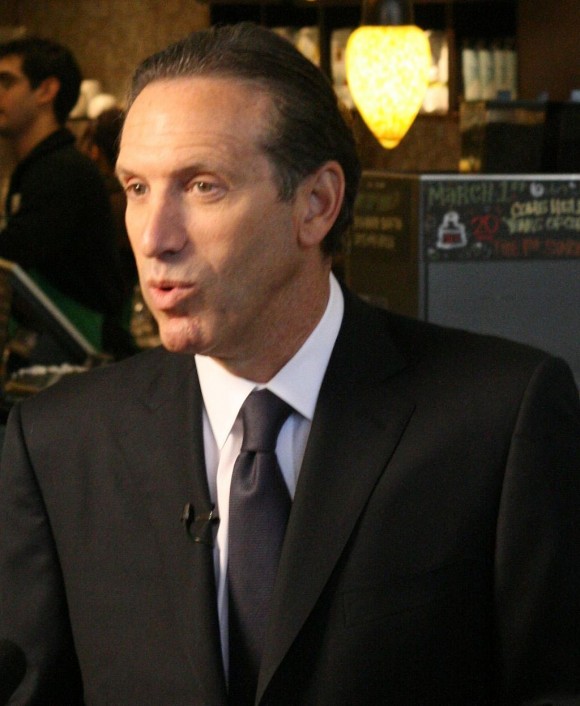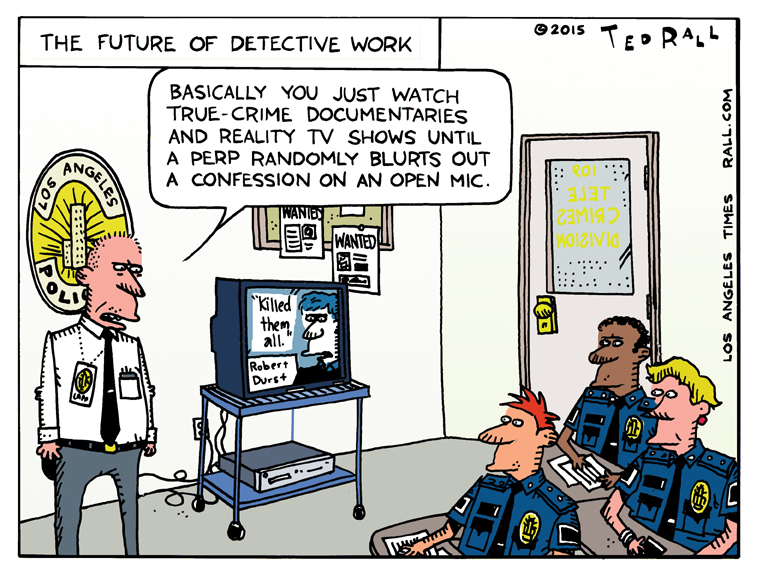Originally published by ANewDomain.net:
Here’s a modest proposal: get rid of airport security.
I’m serious. Let’s get rid of the whole insane nightmare of TSA checkpoints. No more taking off your shoes and removing your belt, no more possibly carcinogenic and definitely humiliating body scans, no more long lines. Dump the x-ray machines (which also aren’t good for you). Really.
Yeah, yeah, I understand why we have all that crap: 9/11. Also, hijacking planes became so common during the 1970s that “I’m taking this plane to Cuba” became a sitcom joke.
 But I’m willing to bet – with my life, and yes, yours, but also those of everyone I love and care about – that eliminating airport security as we know it would be a boon in many ways.
But I’m willing to bet – with my life, and yes, yours, but also those of everyone I love and care about – that eliminating airport security as we know it would be a boon in many ways.
First and foremost, the hassle of flying would be greatly reduced. Shorter travel times would increase the appeal of flying; there are many people like me who drive up to six or eight hours in order to avoid flying in large part because of airline security. Because the roads are more crowded, people are dying.
Reports Bloomberg: “Researchers at Cornell University suggest that people switching from air to road transportation in the aftermath of the 9/11 attacks led to an increase of 242 driving fatalities per month—which means that a lot more people died on the roads as an indirect result of 9/11 than died from being on the planes that terrible day.”
More passengers means more profits for the airlines and more face-to-face business meetings, both of which would be awesome for the economy. The impact could be enormous: during the five years after the 9/11 attacks, passenger volume dropped by 5 percent.
A recent study found that Americans avoided 38 million trips by air in the year 2013 in order to avoid security checkpoint hassles at the airport, costing the U.S. economy at least $35 billion that year alone. Extrapolating over the 14 years since the September 11 attacks, we are looking at a loss of half a trillion dollars in economic activity.
Second, taxpayers would save $7 billion a year by eliminating the TSA. That money could go to any number of better priorities, or it could be used to build more terror drones, or whatever, but still: $7 billion a year. (Obviously, we would need to find jobs for the 55,000 screeners.) That’s a lot of money, and well worth saving.
What would happen terror-wise?
What would happen terrorism-wise? Probably nothing.
Every day, millions of Americans get on subways and buses in American cities without the slightest pretense of a security check. How many of them blow up? Zero. Every day, millions of Americans ride medium-distance commuter trains and buses with similar happy results, despite the fact that they don’t have to go through a scanner first. The same goes for long-distance trains, long-distance buses, ferries and so on. (The TSA has recently begun targeting Amtrak and other forms of ground transportation, but only sporadically and – by all accounts – with no apparent results other than annoying everyone.)
If taking off our shoes is preventing another 9/11, why don’t terrorists target these other forms of transportation? Because they don’t want to, or can’t.
You are at least 2000 times more likely to commit suicide than to get killed by a terrorist.
To clarify: I’m not talking about getting rid of security. I’m talking about getting rid of the airport security checkpoints currently run by the Transportation Security Administration. I would maintain and even beef up security behind the scenes. Every plane should have several armed sky marshals aboard. (That’s not currently the case.) Check-in suitcases and cargo must be carefully tracked and scanned.
And what if someone brings a gun onto your next flight?
What if someone brings a gun on board? I’ve seen it happen. Get this: it was not a problem.
It happened in Afghanistan. Flying out of Kabul airport on a domestic flight a few years ago, I was surprised and amused to see that all of the US supplied x-ray machines were turned off and/or out of order. Passengers filed by; no one was searched. When it was time to board the flight, I observed several people casually stowing weapons, mostly AK-47 rifles, in the overheads. I’m writing this, so obviously nothing bad happened. And this was in an active war zone.
Afghans aren’t crazy or stupid. If a passenger on an Afghan plane tried to use a gun to hijack a plane, he have to contend with a planeload of similarly armed men determined to stop him. Chances of success: slim.
Which is exactly what would happen here. Since 9/11 there have been a number of incidents in which mentally disturbed people raised hell on American planes. Invariably they were overpowered, restrained and turned over to the authorities, usually by a coalition of passengers and crewmen.
That happened on a bus in Seattle recently.
 Anyway, it’s not like the current system screens everyone equally.
Anyway, it’s not like the current system screens everyone equally.
Pay $85 and submit to fingerprinting, and you can get out of having to take your laptop out of your bag, keep your shoes on, and your jacket thanks to your membership in the TSA’s PreCheck program. Determined terrorists, especially 9/11-style suicide bombers, aren’t going to be deterred by the application fee or the fingerprint requirement; after all, they know they aren’t going to be prosecuted after the bombing.
Oh, and I bet you probably guessed this one: most airport employees don’t go through any screening whatsoever. “One of the greatest vulnerabilities for this airport and probably any other major airport like MIA is the insider threat,” Lauren Stover, security director for Miami International Airport told CNN a month ago. It’s a story that many people missed at the time, but box cutters were found on several planes grounded after the 9/11 attacks; officials suspected that they were placed on board as part of an “inside job.”
In other words, they are making old ladies take off their shoes while ignoring the real threats.
Besides, whatever power there is in the argument that people who pass the TSA vetting process are less likely to commit terrorist acts is obviated by something that frequent travelers know: at many airports, security staff routinely direct ordinary, non-screened, non-PreCheck members into the PreCheck line. Which exposes the program as a fraud. And yet: there have been no attempts to hijack an American airliner since 2001.
Civil aviation demonstrates the pointlessness of airport security checkpoints. Every day, tens of thousands of airplanes leave and land at airports all over the United States, carrying passengers and cargo that haven’t undergone a screening. Defenders of the current system might argue that the risk from a smaller plane is, well, smaller. But I suspect the real reason has more to do with the fact that the wealthier, whiter pilots and passengers in the civil aviation system are simply more privileged.
Based on fear and paranoia, sucking countless man-hours and dollars out of the US economy every day, airport security in 2015 is like a religious ritual, something we all do even though nobody knows why, and those who do know that there is no reason whatsoever to do it.
Bye bye, TSA!

 What could go wrong? Schultz wanted to spark a discussion about race in America. The slogan, though cloddish, was something few would argue with: Unity is good. But then: everyone hated it. “Honest to God, if you start to engage me in a race conversation before I’ve had my morning coffee, it will not end well,” tweeted the usually placid PBS NewsHour host
What could go wrong? Schultz wanted to spark a discussion about race in America. The slogan, though cloddish, was something few would argue with: Unity is good. But then: everyone hated it. “Honest to God, if you start to engage me in a race conversation before I’ve had my morning coffee, it will not end well,” tweeted the usually placid PBS NewsHour host 




